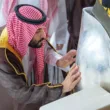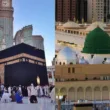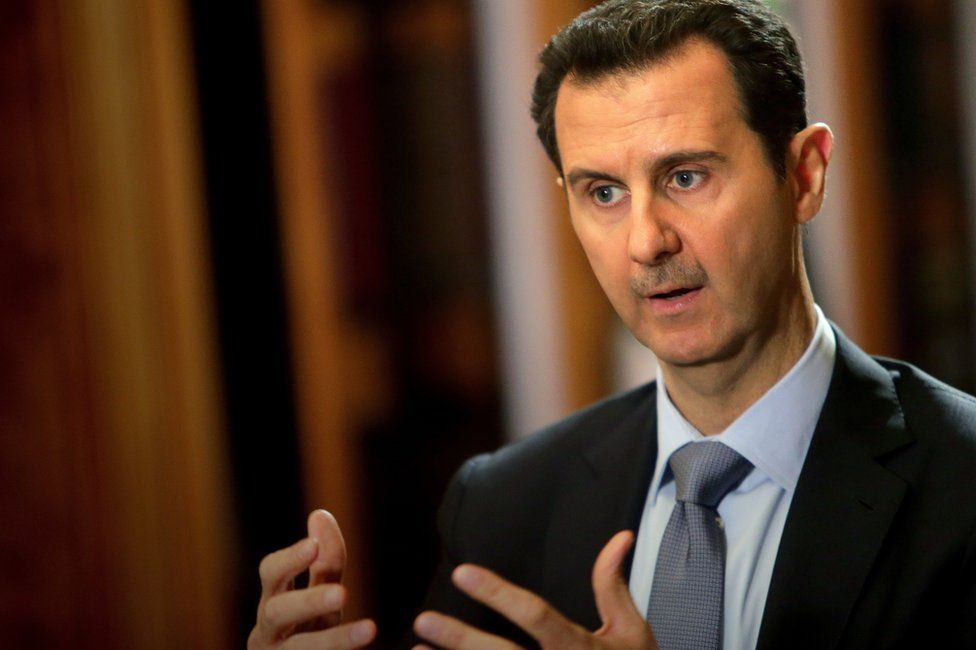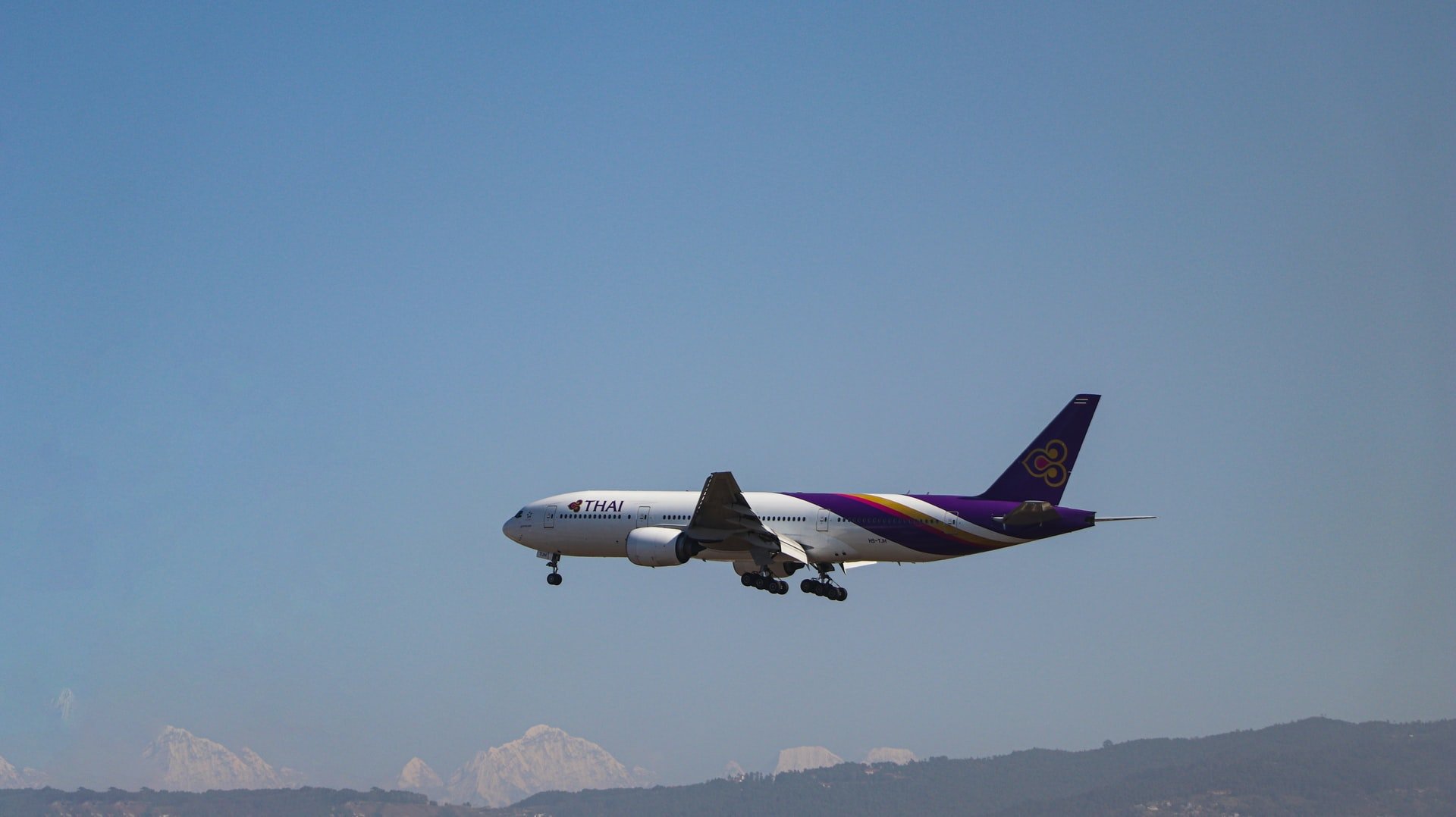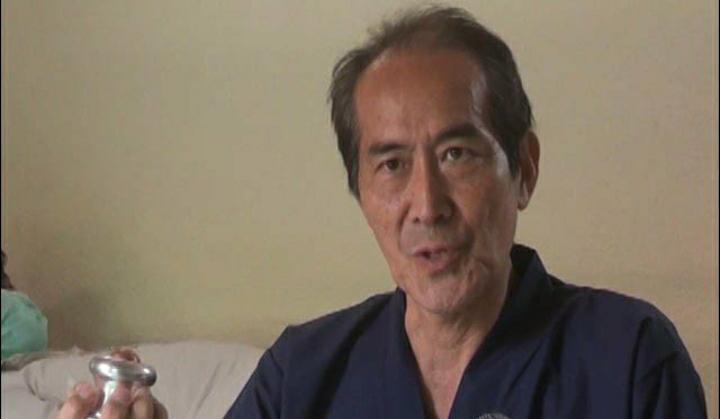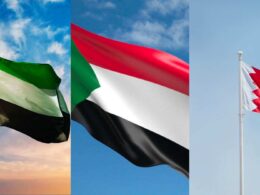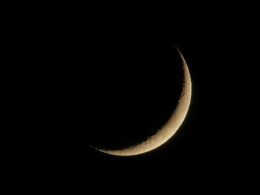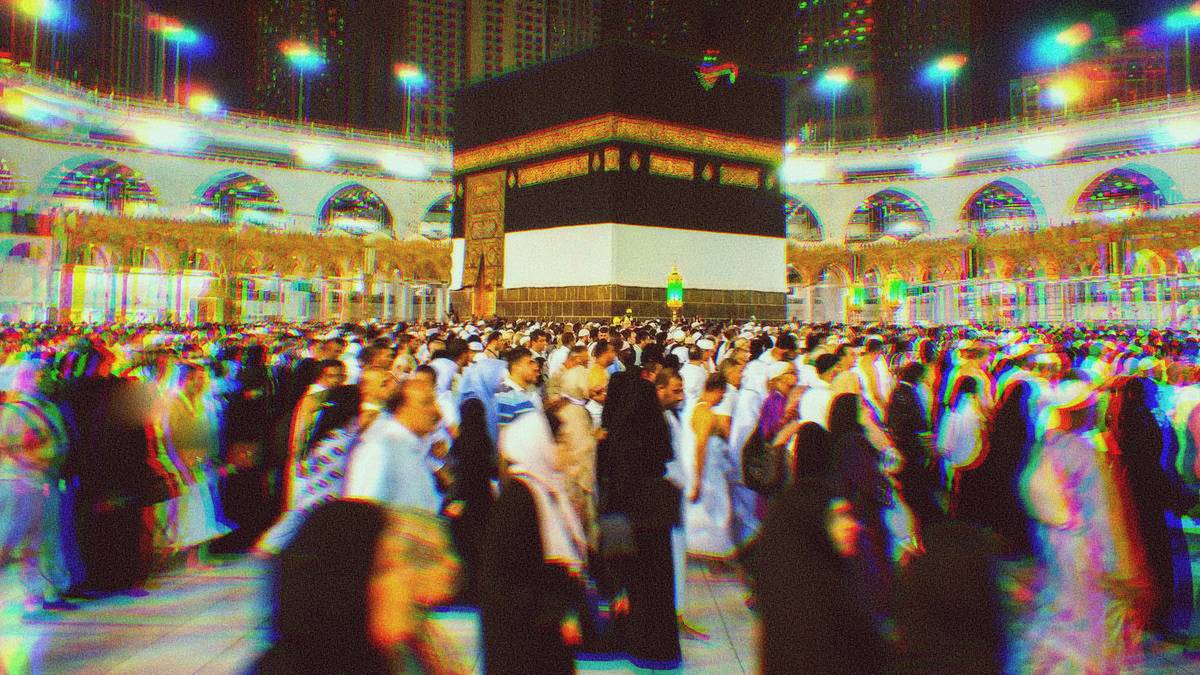Bashar Al Assad wins 95.1% of the vote in this week’s Syrian Presidential Election, later rejected by the opposition and Western nations as fraudulent.
On Thursday, the results were revealed by Hammouda Sabbagh, the head of parliament. He said the voter was only around 78%, 14 million Syrians taking part in Syria and the diaspora.
Assad expressed his gratitude on his campaign’s Facebook page, saying, “Thank you to all Syrians for their high sense of nationalism and their notable participation.” He also added, “For the future of Syria’s children and its youth, let’s start from tomorrow our campaign of work to build hope and build Syria.”
According to Sabbagh, another candidate Abdallah Saloum Abdallah, former deputy cabinet minister, got a 1.5% vote. While Ahmed Marei, head of a small opposition party, who was also running against Assad, got 3.3.% of the vote.
Thousands of the president’s supporters celebrate the election on Thursday by waving Syrian flags, singing, and dancing while holding Assad’s picture.
However, hundreds of Syrians protested against the election and Assad’s authority in Idlib province, the opposition’s last bastion. The US-backed Kurdish-led troops in charge of an independent oil-rich zone in the northeast also boycotted the election.
France, Germany, Italy, Britain, and the United States released a statement criticizing the election as neither free nor fair.
They denounce the Assad regime’s decision to hold an election outside of the framework described in UN Security Council Resolution 2254 and that they support all Syrians who criticized the electoral process as illegitimate.
They also added that based on the resolution, to be free and fair, elections should be convened under UN supervision to the highest international standards of transparency and accountability, and all Syrians should be allowed to participate.
They also said that without all these elements, then this election does not represent any progress towards a political settlement and count as a fraudulent election.
And now he has 7 more years in power, bringing his family’s control over Syria to nearly six decades. He now has control over around 70% of Syria.
Subscribe to our channels on WhatsApp, Google News, Facebook and Instagram.Discover more from The Islamic Information
Subscribe to get the latest posts sent to your email.

